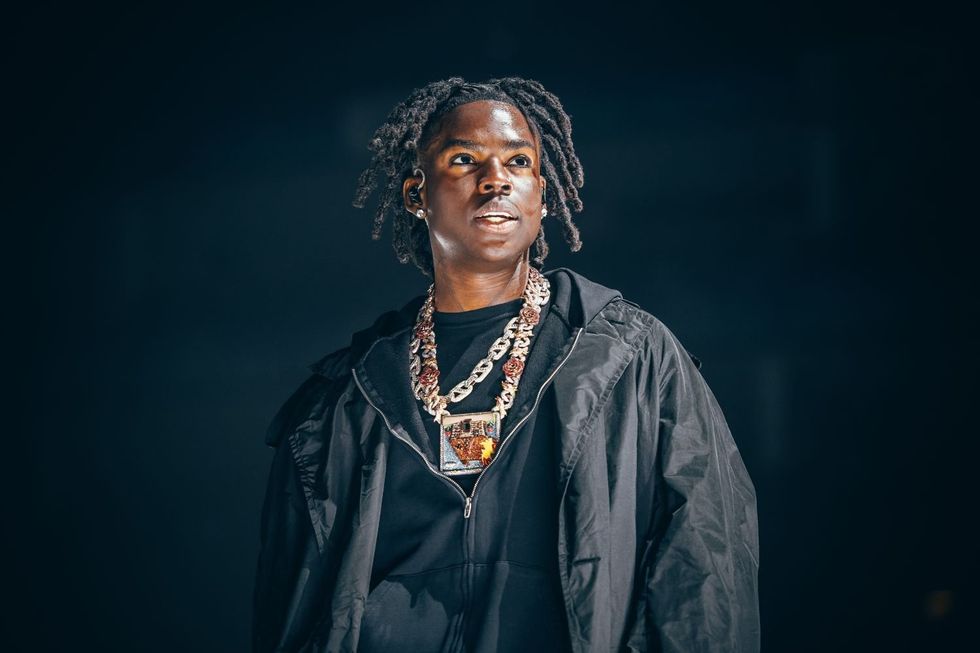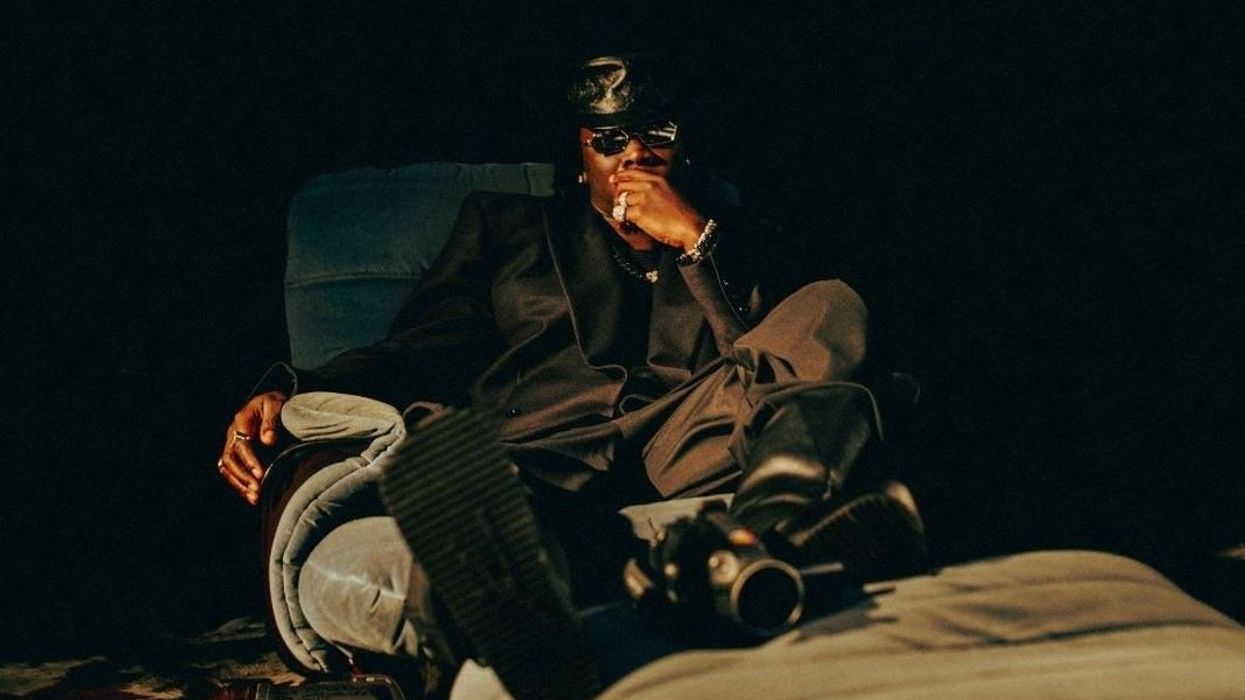
The recent performance by Rema at the Samuel Ogbemudia Stadium in Benin City highlighted the cultural influence on his music. Collaborating with artists like Shallipopi, Rema embodies the artistic elements of Benin’s culture, reflecting traditional influences in his work.
Benin City’s musical legacy stretches beyond these modern artists, resonating with tales of European encounters marveling at its civilization in the 15th century. The city’s strong sense of identity has consistently influenced its music scene, evolving through the ages.
The Significance of Music in Benin’s Traditional Society
Mark Ighile’s research underscores the deep-rooted folk traditions of Benin, emphasizing the communal nature of music creation. Before the emergence of popular music in the 1950s, music in Benin served traditional and social purposes, setting the foundation for the city’s musical ethos.
Court musicians played a crucial role, with groups dedicated to different functions and receiving support from royalty. Their training and livelihood were tied to their musical talents, showcasing the importance of music in Benin society.
Evolution of Legendary Musicians
Sir Victor Uwaifo stands out as a legendary musician from Benin City, blending traditional influences with modern styles to create iconic music. His innovative approach, as seen in songs like “Joromi” and “Guitar Boy,” marked a shift towards a more contemporary sound.
Uwaifo’s artistic legacy continues to inspire, with his guitar mastery and genre-bending creativity leaving a lasting impact on the music scene. His fusion of traditional elements with modern sensibilities paved the way for future generations of musicians in Benin City.
Diversification in Musical Expression
The emergence of Edo funk in the early 1970s brought a new wave of musical diversity to Benin City, characterized by unique rhythms and styles. Artists like Akaba Man, Osayomore Joseph, and Alhaji Waziri Oshomah each contributed distinct flavors to the city’s musical landscape.
The reggae influence in Benin City, exemplified by Sonny Okosun and Majek Fashek, added yet another dimension to the city’s musical identity. Their diverse styles reflected the cultural tapestry of Benin City, blending various influences to create a rich musical tapestry.
### Benin City’s Influence on Contemporary African Music
The impact of Benin City in the realm of Nigerian music is often overshadowed by Lagos’ dominance. However, the star power emanating from Benin should not be overlooked. The city serves as a hub for talent, where artists blend artistic ambition with community support. When a musician from Benin achieves success, it’s as if the entire city stands behind them.
Notably, Shallipopi exemplifies this phenomenon. His unique style, characterized by a blend of talk-rapping and club bangers infused with lively hypemen language and social media references, resonates deeply with Nigerian audiences. This distinctive approach has solidified his position within the Nigerian music scene. His hit song “JUJU” currently reigns supreme in the country, showcasing his influence and popularity.
About four years ago, Goya Menor, a Benin-born artist, made significant waves in Nigeria’s music scene with his rendition of amapiano in the track “Ameno Amapiano.” This track encapsulates Benin City’s gritty essence, adding a distinct flavor to the genre. While not all artists from Benin City overtly showcase their roots in their music, their collective presence continues to shape Nigerian pop culture. Remarkably, the monumental Afrobeats track “Calm Down,” featuring Benin’s own Rema and produced by Andre Vibez, further underscores the city’s musical prowess.
Benin City’s musicians have seamlessly integrated with Nigeria’s diverse music landscape, contributing to the evolution of Afropop. Despite the need for significant economic and cultural transformations to revitalize the city’s concert culture, Rema’s recent return to his roots symbolizes a potential resurgence within the local music scene. The city’s tradition of innovation and motion remains a driving force in the ever-evolving world of Nigerian music.



Comment